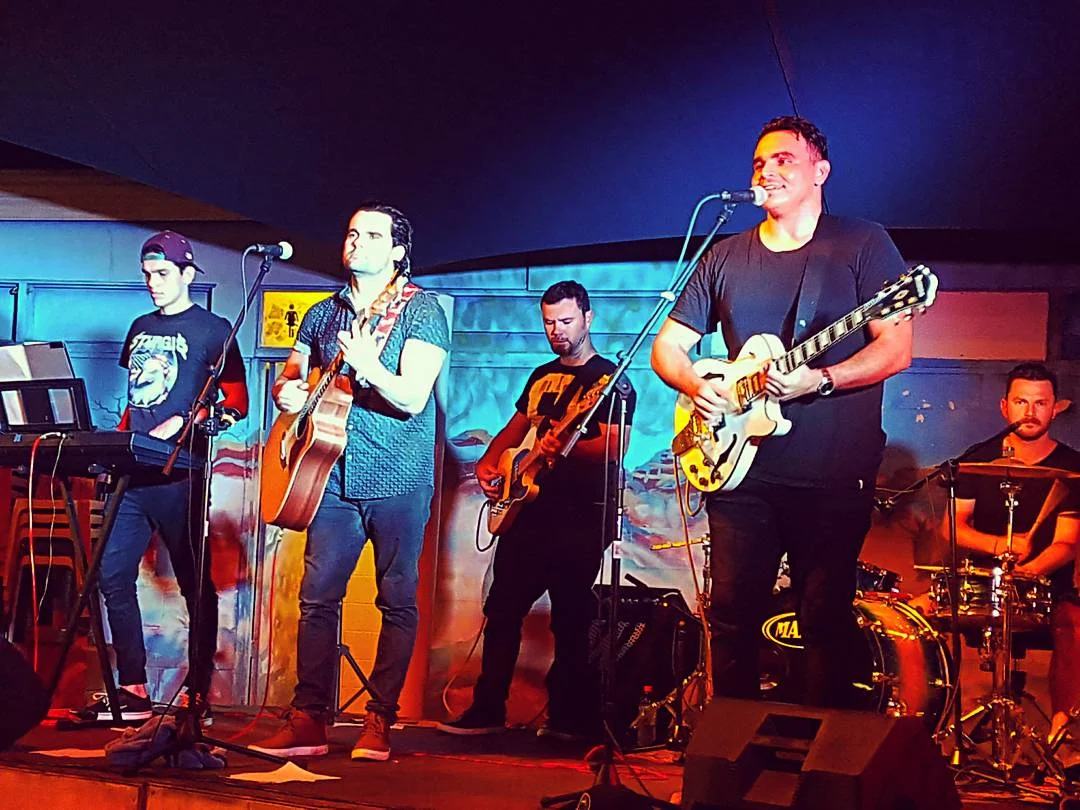I think we need to reaffirm our cultural identity. This year’s (already) been a big year for our Kimberley mob. There’s a lot younger people coming back and following their grass roots cultural connections. They’ve had a big mob of ceremonies with kids going through law at Jarlmadangah, One Arm Point, Fitzroy and Balgo. You have law and culture happening everywhere. And it’s still going on. I feel refreshed, with a lot of energy.
This decade has got to be the decade of Indigenous economic independence. The real hallmarks of First Nation’s people have to be asserting our private property rights and having the Australian legal system recognise our property rights. When we wake up in the morning, we don’t wake up and say, “Oh let’s get more government funding.” We want to be proud, and independent. We want our land to look after us, as well as we look after it. It’s the basis of generating our well-being. And whether that’s through making a balance with economic development or protecting areas, that’s our right to self-determination. We determine what we can live with.
The challenge now, is determining what should and shouldn’t happen on country.
[One of the issues we’re facing at the moment], is that the WA state government does not guarantee that mining companies or developers employ regional people—white or black. We are seeing our small businesses in Broome and throughout the Kimberley being swamped by outside companies coming in to build major infrastructure.
With the Aboriginal population in this region sitting at around fifty percent, I would expect to see a minimum of fifty percent Aboriginal contracts and employment. But if we don’t shake this tree, our mob will miss out. And what happens, when those [outside] workers get paid? They go back to their homes, spend money in their own communities. We need to make sure that money lands in the pockets of local people to build the economy of our own region. That’s what I mean when I say this needs to be the decade of Indigenous economic development.
I’m currently preparing a letter to go to the Prime Minister about minimum national standards. When I chaired the COAG Indigenous Expert Working Group, I saw the variation between agreements [with companies], from Western Australia, to the Northern Territory, to the New South Wales coast and Queensland. I saw a shameful variation in agreements. You cannot negotiate with people who have no information, or no idea about good standards. Companies are coming in with all the knowledge and are striking deals so low that it’s not possible for people to pull themselves out of social dependency, out of government dependency, out of welfare.
Why am I saying this?
Because as a nation, we’re paying for it as tax payers. If mining companies don’t do proper deals and don’t have proper social impacts at the front end, then government pays at the backend through fixing up social dysfunction because none of us have jobs. This is not just a blackfella issue: this is a national issue. Every citizen in Australia should be saying, let’s get this right, let’s create national standards where companies have to pay their fair share. These deals have to be done for us to get economic freedom, to become economically independent of government.
I’m not anti-mining, but I am anti-people taking advantage of Traditional Owners. At the moment, I don’t think the balance is right.
I think some companies are getting away with blue murder.




